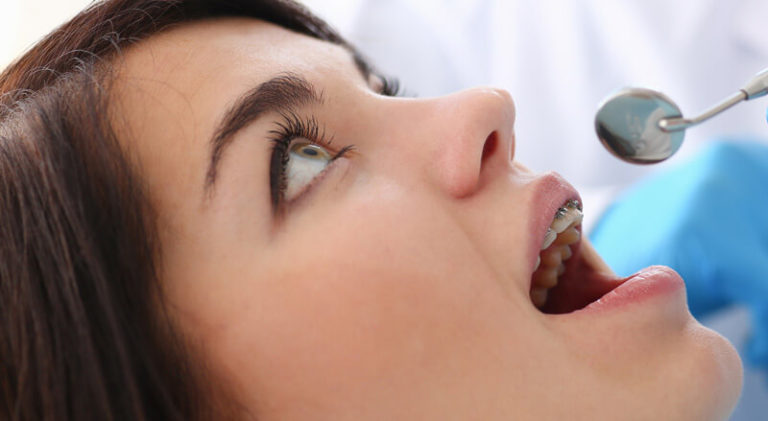Does Teeth Whitening Work? And Is It Safe?
People who feel more comfortable smiling project confidence. And studies show that people who love to smile have an easier time forming connections. To that end, having clean white teeth makes it easier to show off your best you. Teeth whitening may just give you the boost you need.
There is an abundance of products and procedures for teeth whitening. Some of them offer a dazzling smile, while others do very little. If you’ve ever wondered what it would take to whiten your teeth, here’s everything you need to know about getting pearly whites.
What Causes Your Teeth to Become Discolored?
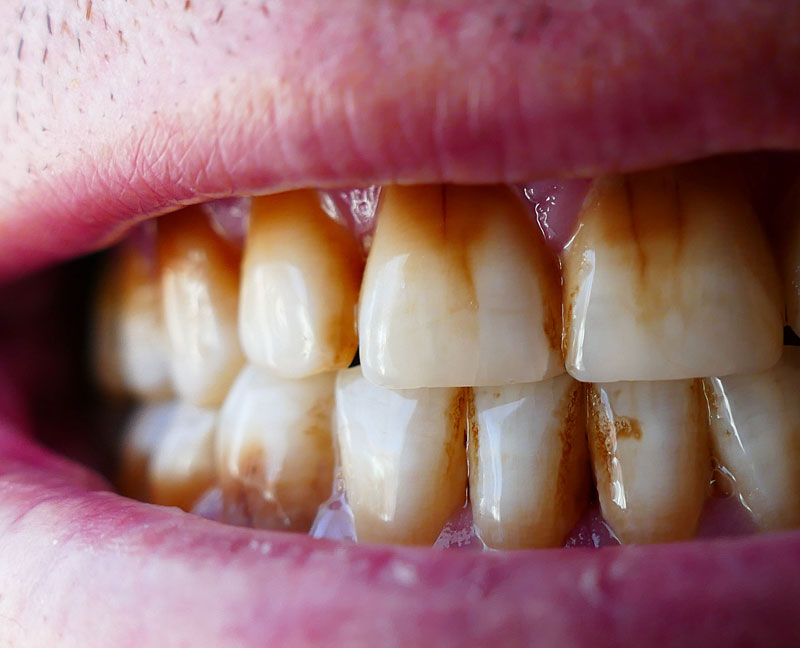
Types of Stains
Your teeth can become stained from different circumstances. The color you see may be a simple build-up or it may be an interior issue. Your discoloration may even stem from both. The different types of stains are:
Extrinsic Stains
Extrinsic stains are simple. They are caused by food, drink, or tobacco and are on the exterior of the tooth. If you have extrinsic stains, it’s because there is an excess build-up of the film that covers your tooth enamel.
Intrinsic Stains
Intrinsic stains are trickier to remove. When someone lets food and drink build-up, it seeps through. The stain isn’t just on the outside of teeth but the inside too. This type of stain requires professional help to get your radiant smile back.
Age Related Stains
Of course, age plays a major role in tooth discoloration. As we age, the combination of intrinsic and extrinsic factors takes a toll on our teeth. Over time our enamel starts to thin allowing dentin to show through.
Causes of Tooth Stains
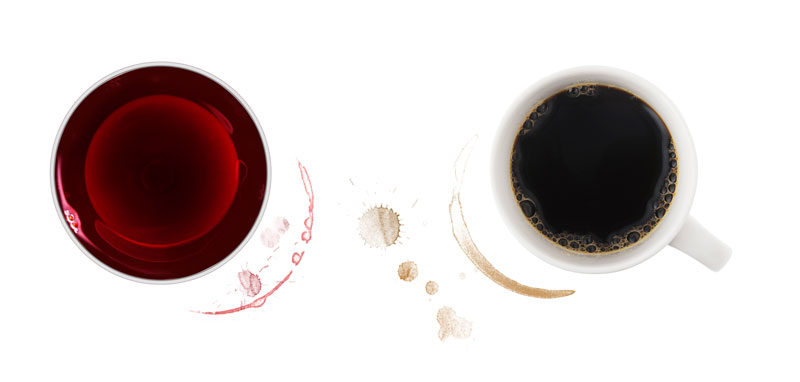
Food and Drink: Things like coffee, tea, soda, wine, and even some fruits and vegetables discolor teeth.
Tobacco: Cigarettes and chewing tobacco are major causes of staining.
Oral Care: It’s very important to take care of your teeth. If you aren’t brushing and flossing regularly, stains are inevitable.
Trauma or Disease: There are several diseases that can affect enamel and cause discoloration. Diabetes, thyroid problems, and anemia are just a few examples. Adult teeth can also easily be affected by trauma. For example, chemotherapy and radiation may leave your teeth stained.
Medical Treatment: There are numerous types of medications that affect tooth color. Beware that blood pressure medications, antihistamines, and some antipsychotic medications can alter teeth.
How Teeth Whitening Works
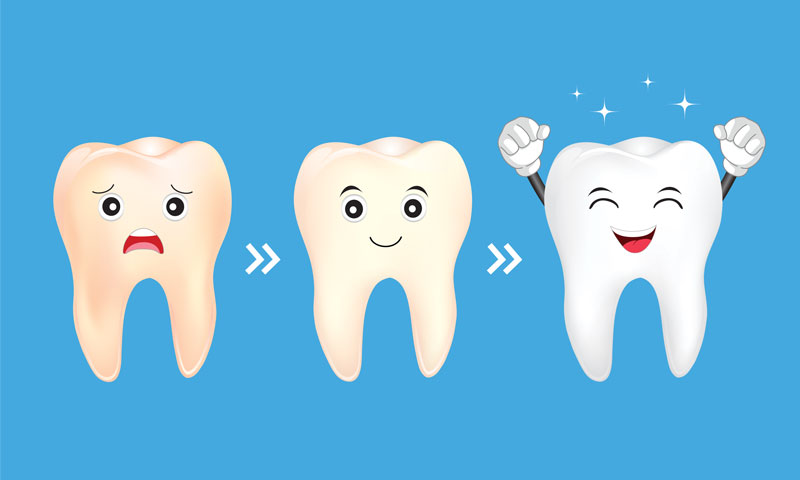
Essentially, there are two ways to whiten teeth. The first is by using bleaching agents that penetrate the enamel to stain it white. The second way is to use abrasive techniques that remove yellow stains from your enamel.
Most dentists prefer bleaching agents. Abrasive methods are less effective and can damage your enamel or gums. Bleaching is much safer, and it achieves better results by reaching your dentin layer.
Types of Teeth Whitening
Whitening Toothpaste: This tends to be less effective as most whitening toothpastes are abrasive. They tend to only get rid of extrinsic stains. There are some that use chemical bleaching, but they are usually ineffective. These types of toothpaste can’t penetrate your enamel from brushing alone.
Whitening Strips: Store bought whitening strips can be very effective. The only downside is that they are known to cause tooth sensitivity and sore gums. Most whitening strips use hydrogen peroxide, which can irritate your mouth with contact. Custom whitening trays can minimize this risk. Just make sure you don’t use them without your dentist’s recommendation.
Professional Whitening: Whitening procedures direct bleaching agents through your enamel with precision. You should consider your options though. These procedures can be expensive and may only be as effective as whitening strips.
How to Decide If Whitening Is Right for You
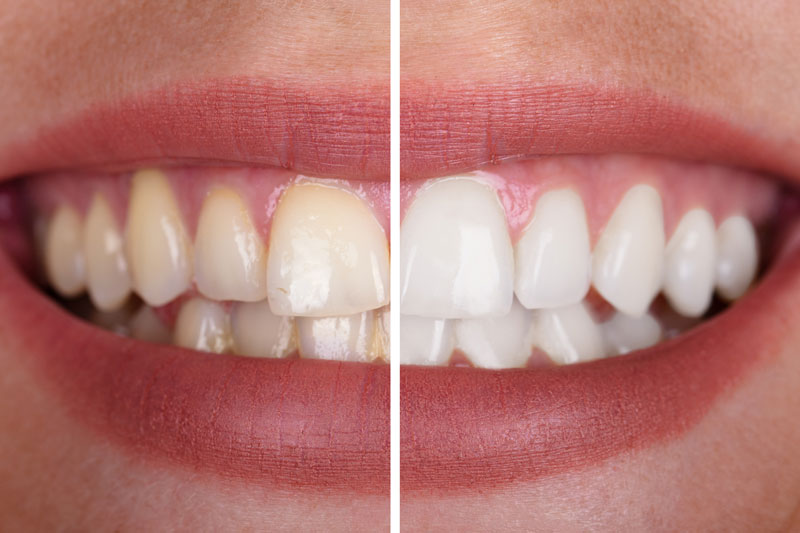
Before you whiten, consult your dentist and discuss the different methods. Understanding what you’re getting yourself into is always an important first step. Cosmetic dentistry offers options to enhance the appearance of your teeth. Whitening may be ideal for some, while others may want to consider another treatment.
Contact us today to discuss your questions or concerns. We’ll help you achieve the dazzling white smile you are looking for.



